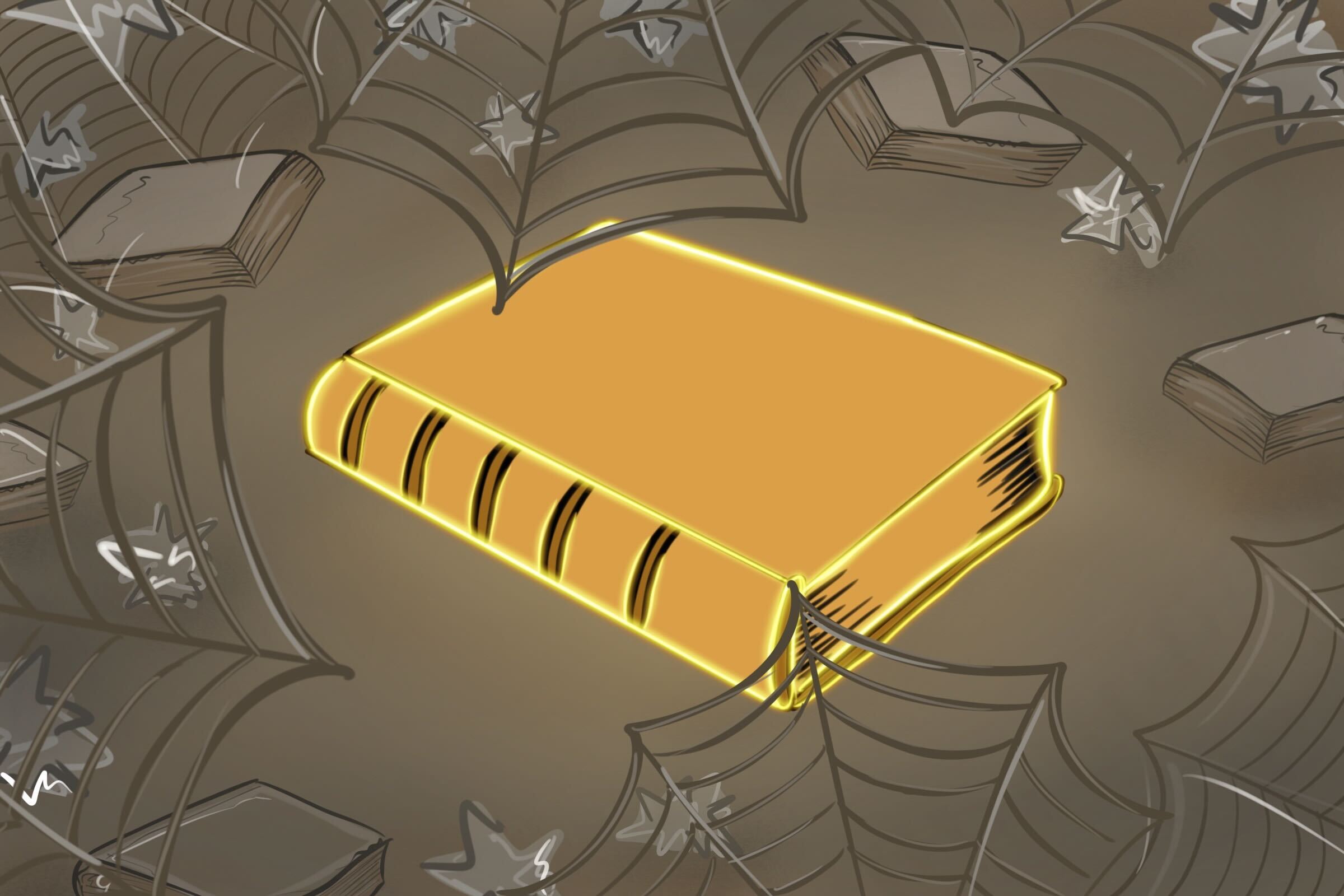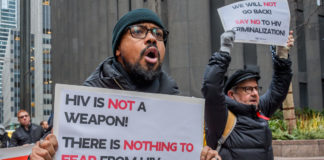
Many would argue there’s nothing quite like reading a really good book — watching the pages fly by, physically reacting to what’s happening to the characters, dreading the inevitable end because you know you’ll never be able to recreate the experience of reading it for the first time — but I would argue that those people are wrong. In fact, I believe there’s something a lot like reading a really good book: reading a really bad one.
Honestly, I prefer the latter. How often do you pick up a book hoping that it’ll be great, just to be let down by flat characters, a sagging middle or a terrible twist ending? When you read books hoping to find a new favorite, you’re bound to be let down. But when you read something hoping that it’ll be terrible, chances are your expectations will be met. Why waste my time reading a bad book on accident when I can do it on purpose? (And probably have a more entertaining, laid-back reading experience because of it.)
I have what I like to call the “good bad book” down to basically a science at this point. When deciding if a book will be bad in a good way, there’s a list of questions I like to run through, including (but certainly not limited to): Was it originally published on Wattpad? Is it a dystopia riding the heels of “The Hunger Games?” Does the title sound like a middle schooler came up with it? If the answer to any of these questions is yes, it’s probably not the next Great American novel. Bonus points if it’s well-loved; that means it’s compulsively readable, which is exactly what we’re looking for. The magic of a good bad book lies in its ability to artistically (and possibly even genuinely) horrify you — whether that be the consequence of quality, content or both — in a way that makes it impossible to look away from the mess of a book-shaped object in your hands.
A good bad book can range from plain cringey to outright offensive, which is what I suspect — and even hope for — going into them. They always live up to my expectations because I go into them with none, assuming I’ll hate them and excited to waste my time. Because of this, I enjoy the experience of reading this kind of book, even if the content of the story itself is subpar at best, which is what reading good bad books is really all about.
I can only assume it’s hard to write a good bad book. I mean, just writing the thing is an accomplishment in and of itself. Not to mention, taking the bones of a bad story and still making it enjoyable to get through is something not many people can do. I should know; I’ve slugged my way through enough books I thought would fit the criteria for a good bad book, only to realize the bad book was really just that — bad — to know this is true.
Take “I’m a Gay Wizard” by V.S. Santoni, for instance. Originally published on Wattpad, the title alone tells us pretty much everything we need to know. The synopsis opens with a comparison between magic and glitter glue and there’s a unicorn on the cover. Seems promising, no? Unfortunately, the outside of this book is misleading. Even though I read it in about a week, I felt like it took years to get through because I kept falling asleep while reading it. (This is not a joke. I did not get very much done that week.) It didn’t matter how many beautiful plot holes, stunning leaps of logic or gorgeous prose mishaps there were — the story itself was boring. “I’m a Gay Wizard” is an example of what I like to think of as a bad bad book. The OG, if you will.
“The Similars” by Rebecca Hanover, on the other hand, delivers exactly what we’re looking for in a good bad book. The “Similars” are six clones who transfer to the high school their “Originals” (the person they are clones of) attend at the beginning of the novel. Why anyone in this world thought that would be a good idea is a mystery to me. However, only five of the Originals are still around, since the main character’s best friend, one of the new Similars’ Originals, died last year. As the story unfolds, the main character “falls in love” (debatable) with her dead BFF’s Similar, despite the fact her best friend had confessed his feelings to her before his death and she had been completely uninterested in reciprocating them. A rational person might assume she wouldn’t then be interested in someone that is essentially him minus all of their personal history, but I guess having muscles and a British accent is more enticing to the main character than a genuine emotional connection.
The genre, goal and general point of this story are all unclear at best. It’s quite possibly the most ridiculous, far-fetched, plot-hole-ridden book I’ve ever encountered — and it was fabulous. There’s a dystopian, sci-fi element that is never fully explained or expanded upon; it’s as if Artificial Intelligence cars and clones suddenly appeared in our present day and nobody thought to question it. Everything that happens feels as though it’s being made up on the spot, and the prose is overdramatic in an attempt to force readers to care about things the author hasn’t organically made us care about beforehand. Because of this, you get scenes like the main couple’s “meet cute,” in which the main character impulsively attacks her love interest for … looking like her best friend’s clone? Because he is his clone? And somehow, miraculously, he enjoys this — because she’s different. She’s not like other girls, who wouldn’t assault a stranger for reminding them of their dead friend. The fact that random, baseless decisions like this are made so often means that nothing in this book is really predictable; there’s no internal logic to it, which makes this a thrilling, hilarious and absurd read that I would highly recommend to anyone looking for a good laugh.
We can all benefit from consuming this kind of story. There’s a special kind of freedom in picking something up and allowing yourself to hate it. It’s therapeutic. Instead of tirelessly searching for something you enjoy in a book that’s probably going to end up disappointing you anyway, allow yourself to sink into the blissful mindlessness and chaos of a good bad book. They already have most of the benefits of reading a normal good book, with the added bonus of oftentimes making you feel better about yourself by the end of it. (You aren’t like those characters; you wouldn’t make those decisions or find yourself in those situations; you could write a better story than this, surely — you noticed all these problems, after all!) So really, what do you have to lose? A little time. Some dignity, maybe. But whether you secretly enjoy watching characters make irrational decisions, overtly toxic relationships in literature or cringey dialogue, there’s a good bad book out there that will deliver. There is truly something for everyone in a good bad book.
More than even that, though, there tends to be an assumption that the books we read say something about who we are; reading the “right” kind of book (whatever that means to you) becomes important, then, in crafting the image of yourself you want to present to the world. But if you’re anything like me, catering your reading tastes to what other people think you are or want you to be can become exhausting quickly. Whether you enjoy books that are often seen as objectively good or not, it can be nice to let your critical eye rest and read something just for yourself every once in a while.
So do yourself a favor and go pick up a good bad book today. Trust me, you won’t be disappointed — you literally can’t be.
Daily Arts Writer Camille Nagy can be reached at camnagy@umich.edu.








